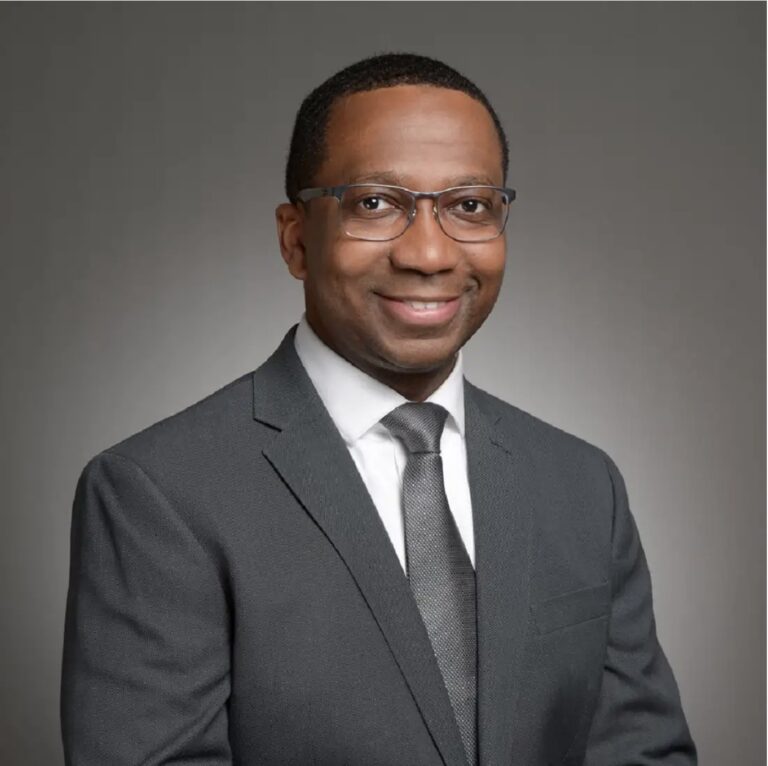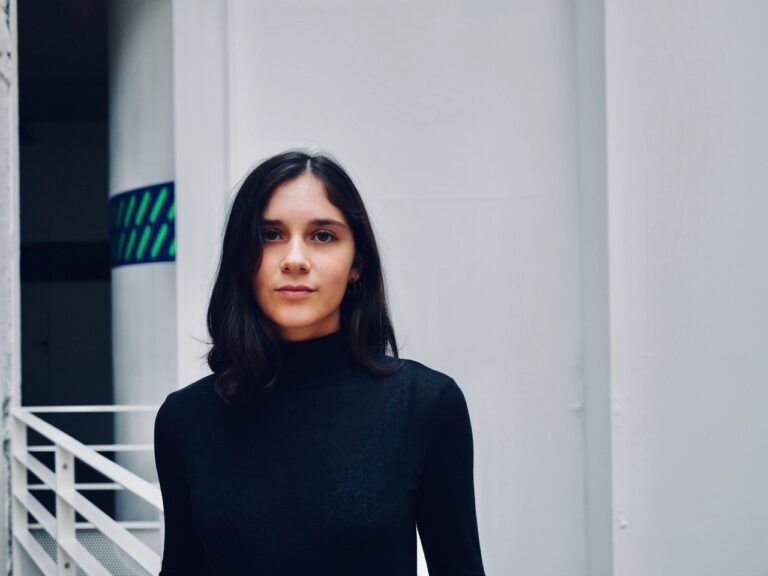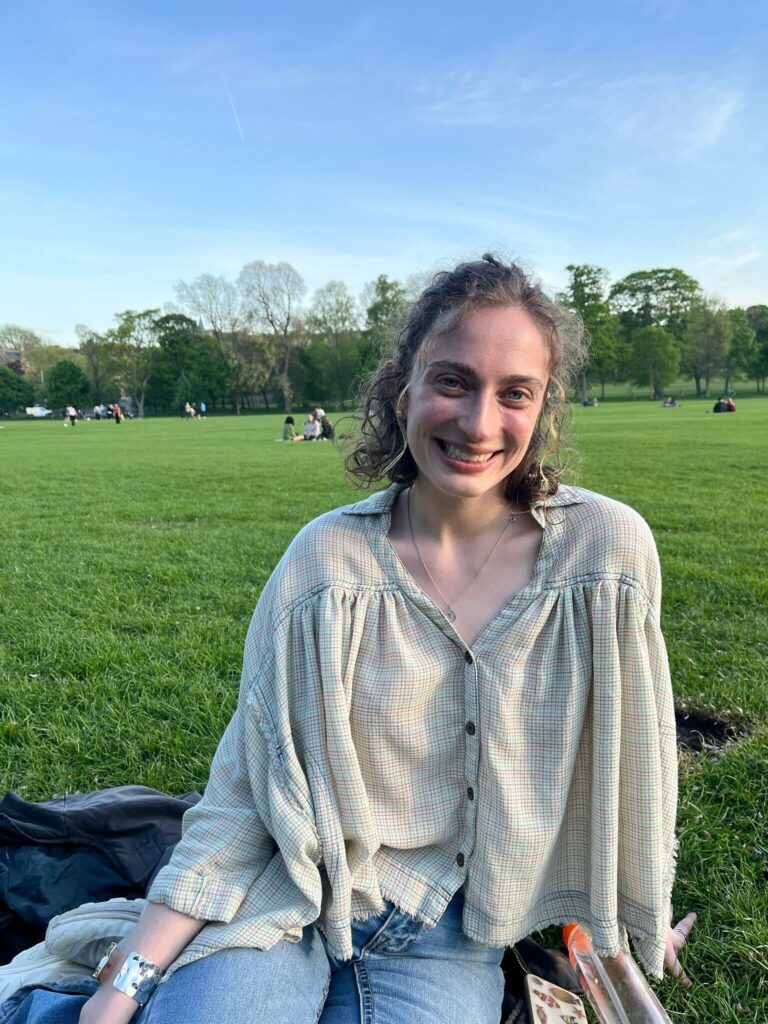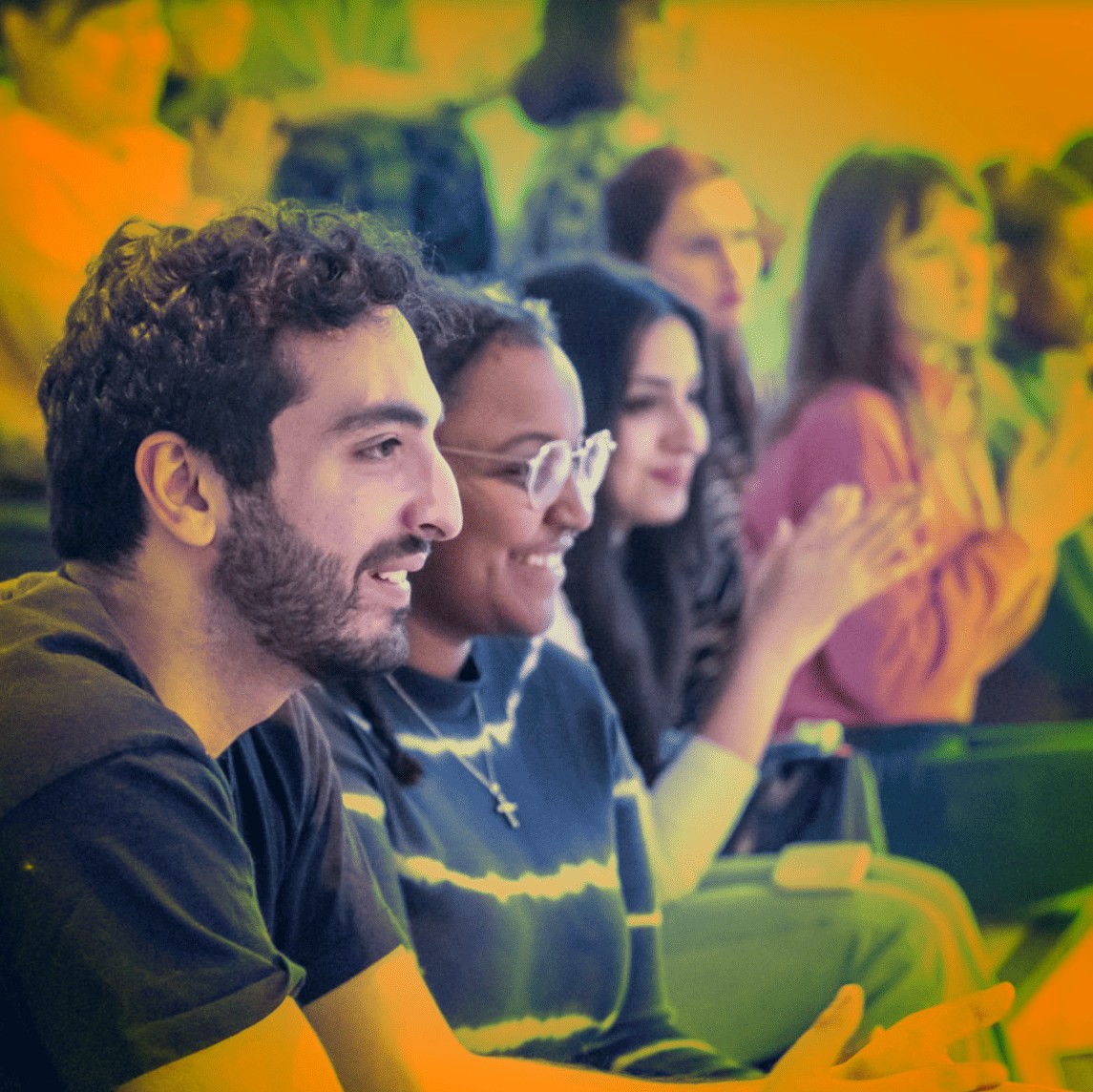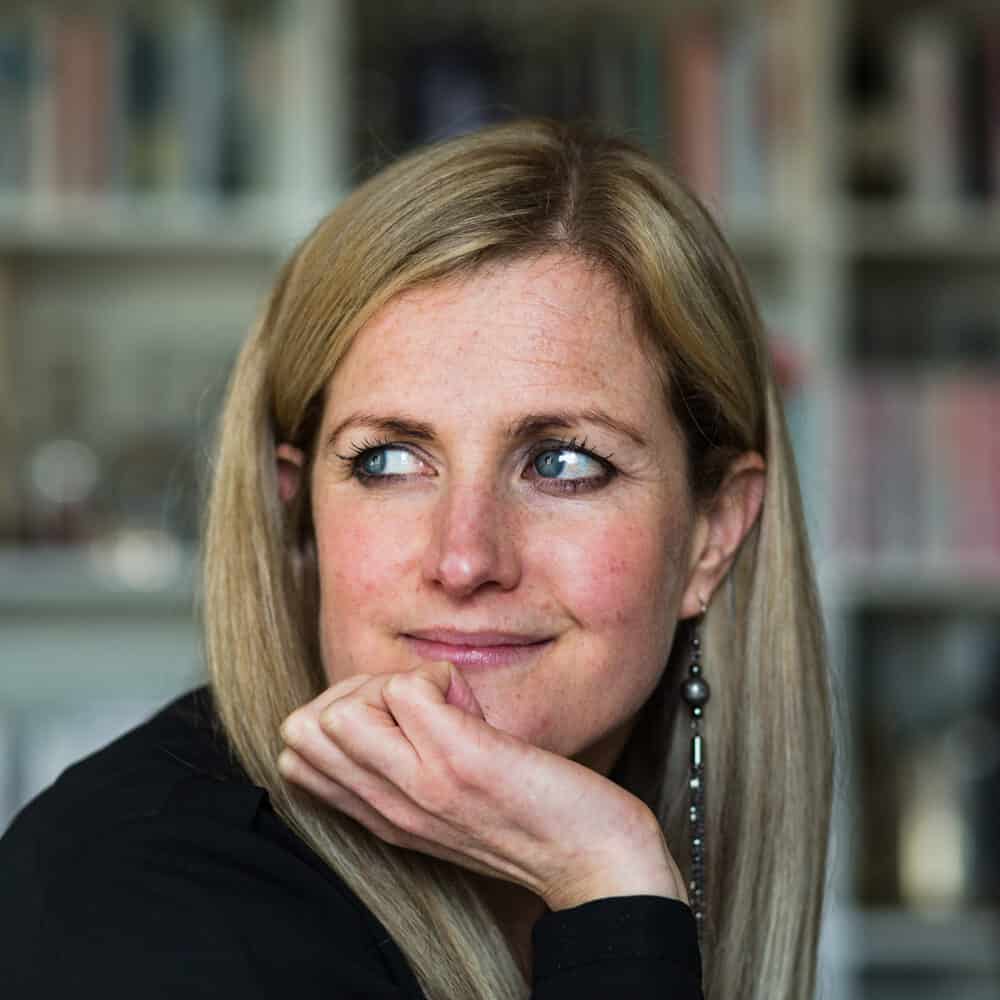Anja
My name is Anya Hendrikse Liu, and I study Narrative Futures.
Why did you choose Edinburgh Futures Institute for your studies?
It was because there is not really another program anywhere in the world, at least that I know of, that combines the sort of storytelling, narrative studies side of things with a more technological focus on, like data science and AI. And that interdisciplinary focus was really something that I was looking for.
I didn’t actually plan on coming back for a master’s at all. And when one of my friends told me about this program was like, hey, this is right up your alley. I kind of was like, well, I guess I’m going to Edinburgh now.
Why do you think this degree is important in today’s world?
I think these technologies like, I, you know, big data in general and all of the kind of ethical and social questions around them, political questions, like all of the ways that they’re intersecting with the world that we live in, like these are becoming more and more prominent.
And I think it’s really, really important to have people who are looking at it from all perspectives, not just people coming from the technological side and saying, hey, we’re going to build this really cool thing, but rather people who are also coming from policy or from the social sciences or from, you know, looking at it from a more ethics or equity perspective, and really thinking about how it’s going to impact the world and real people.
What is the most exciting thing about Edinburgh Futures Institute?
I think, I think the most exciting thing would be the people, I think I met such an incredible community here. People are really just genuinely interested and interesting. I don’t think there’s been another time in my life when I’ve met this kind of community who all came together, around what seems to be such a niche topic.
But really, they’re coming from all different backgrounds and really diverse perspectives too.
What kind of career opportunities will you look at after studying?
I am hoping to go into some sort of data heavy operations type role in an org, ideally doing responsible AI or AI ethics, that sort of thing, and safety. I think for me, this would be a great way to meld my kind of skills in data science, AI systems, and that sort of thing with trying to make as big an impact as I can, because in my opinion, safe AI, responsible AI is one of the most important things that we can be working on right now and for the next few years.
If you could give one piece of advice to a student thinking about joining Edinburgh Futures Institute what would it be?
I would say come in, be prepared to make the most out of the year that you have here, because if you’re going to be a full time student, a year is really such a short time. And you’re going to be surrounded by so many opportunities and so many people and having some sort of plan when you come in, even if it ends up changing, like having something to guide you and to be, you know, pushing you towards certain opportunities or towards making certain connections, it’s just going to be really valuable to making sure you make the most out of your time.
CASANDRA
My name is Cassandra and I studied the MSc in Planetary Health.
Why did you choose Edinburgh Futures Institute for your studies?
I chose Edinburgh Futures Institute for my studies because of the course, I really wanted to do a planetary health or global health course, and this one seemed to be very interdisciplinary and quite new and exciting, and kind of a good opportunity to meet people who are doing other new programmes. Yeah, diverse people.
Why do you think this degree is important in today’s world?
I think this degree is really important because what’s going to unfold over the next few decades, I would say is a concern to us as people. Yeah, we’re not going to be able to figure out how to fix the situation that we’re in without these types of interdisciplinary courses. You have to be able to connect all the dots. You have to be able to study all the in-between bits to actually come up with solutions.
What is the most exciting thing about Edinburgh Futures Institute?
I’m going to be straight up, it’s the building. The building is really cool. It’s a really nice kind of communal space. You ca study on your own obviously, if you want to, there’s the pods and things which I really like, but also you do end up running into people and kind of collaborating on things. It’s quite informal and it’s created a, yeah, really nice kind of community space I think between everyone on the courses.
What kind of career opportunities will you look at after studying?
Well, I personally am interested in staying in academia. I really like to do research. I’ve become more interested in the kind of nexus of climate change, food insecurity and how that can create like inter-community conflict and sometimes lead to inter-country conflict or bigger armed conflict. So I’d like to do a PhD in the next kind of year. Right now I’m looking for a graduate research assistant role with the university and yeah, want to stay in research.
If you could give one piece of advice to a student thinking about joining Edinburgh Futures Institute what would it be?
My piece of advice would be to explore everything you can within the course. There’s a lot, but I think it’s good to know what you want to focus on, because if you can tailor the material and what you’re learning in your assignments to your interest, it’ll help you a lot, especially when it comes to the project. That would be my top top tip. That’s the one thing that I would do really differently, if I could do it again, is I would have that all pinned down way earlier than I did. So yeah, I would say that that’s my best advice.

